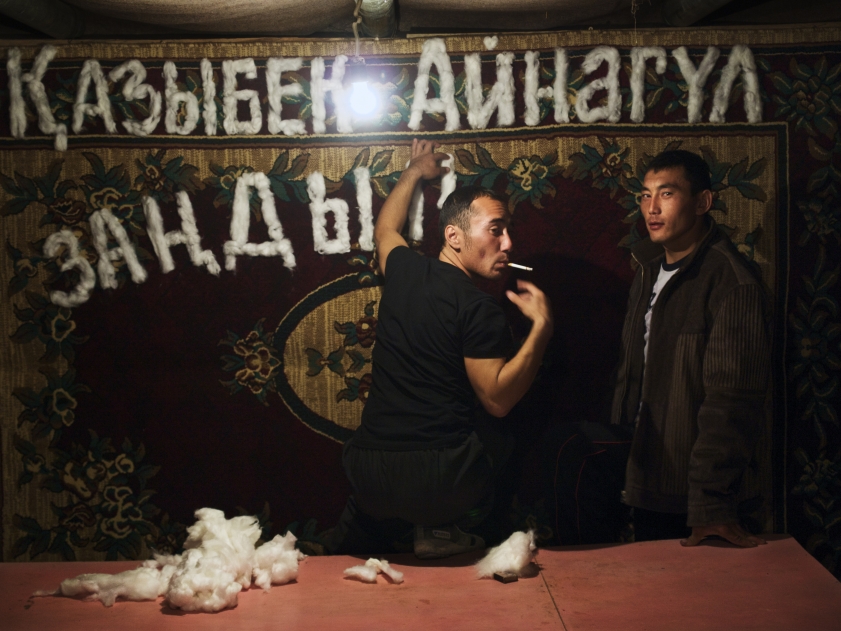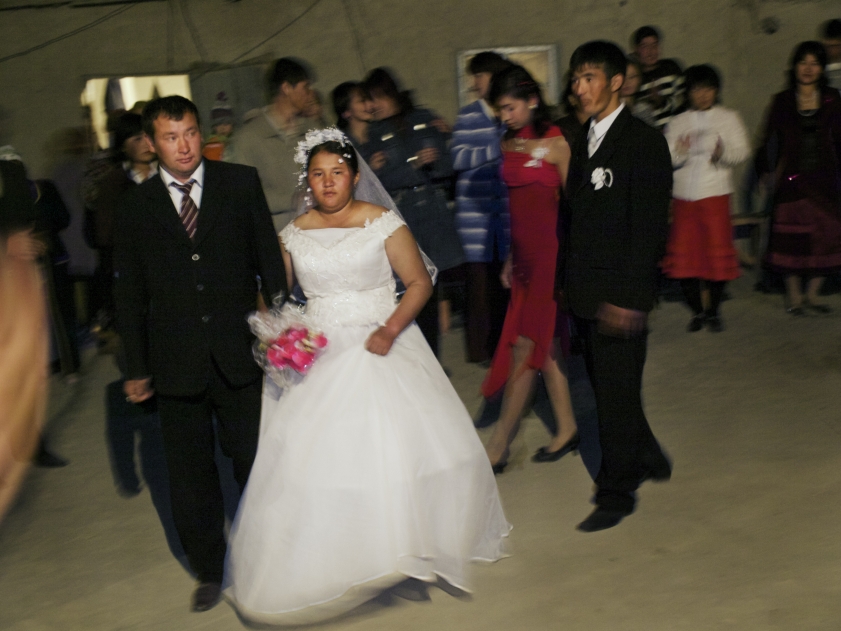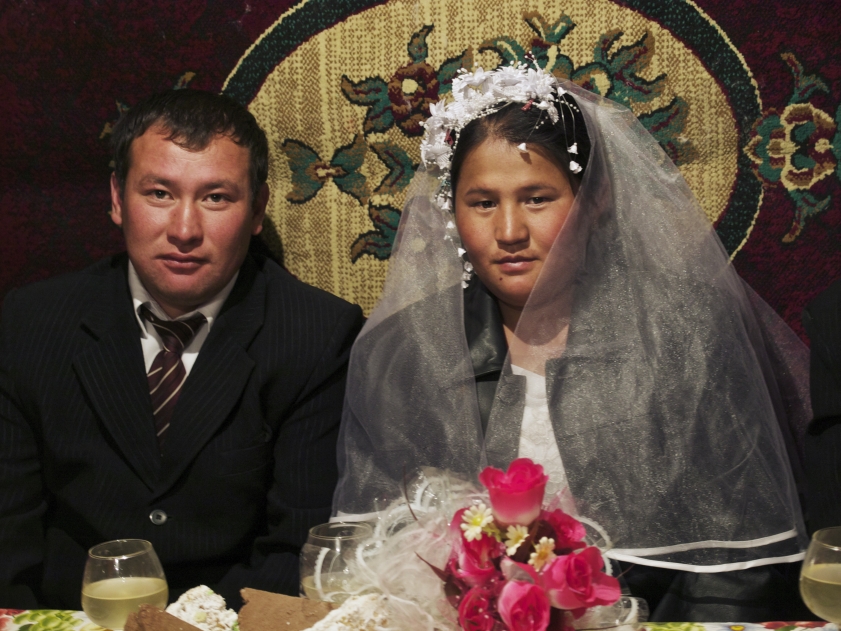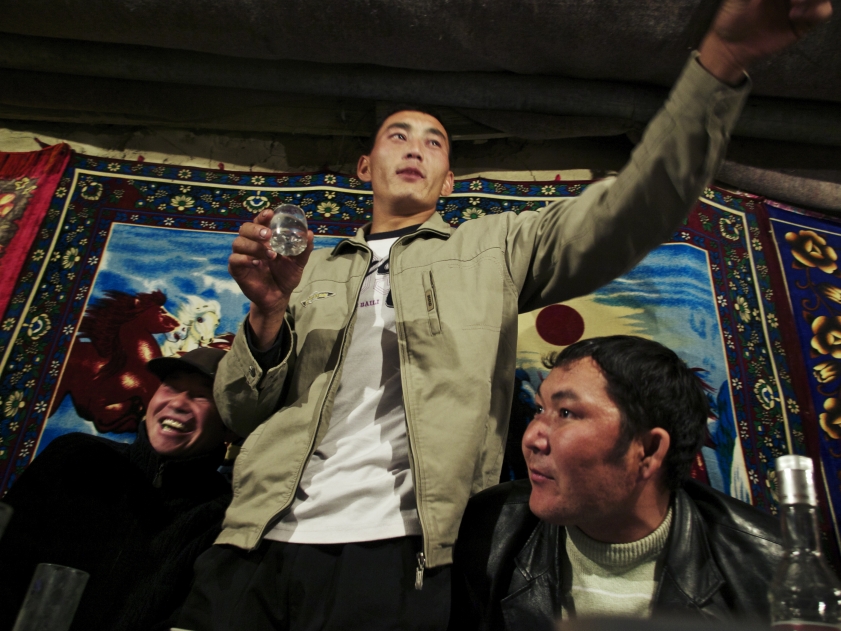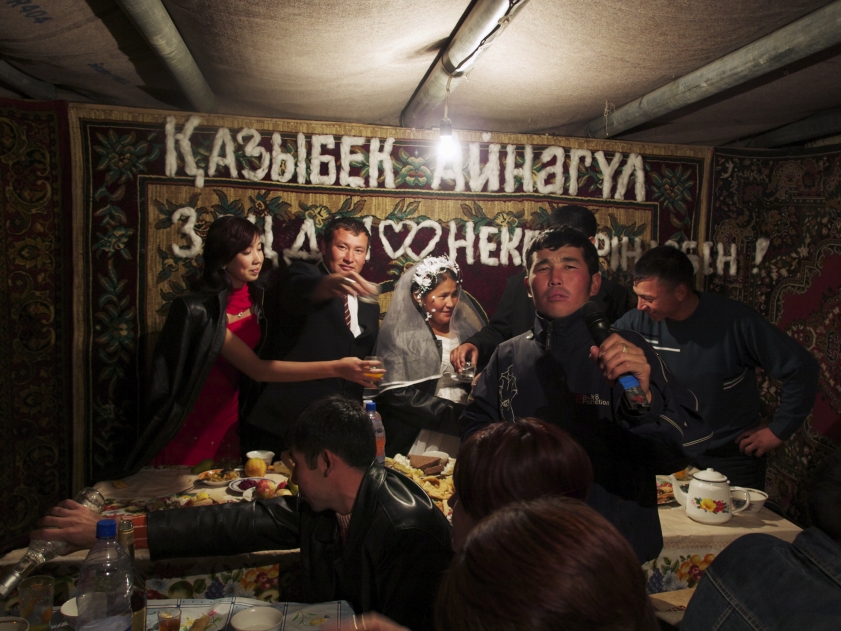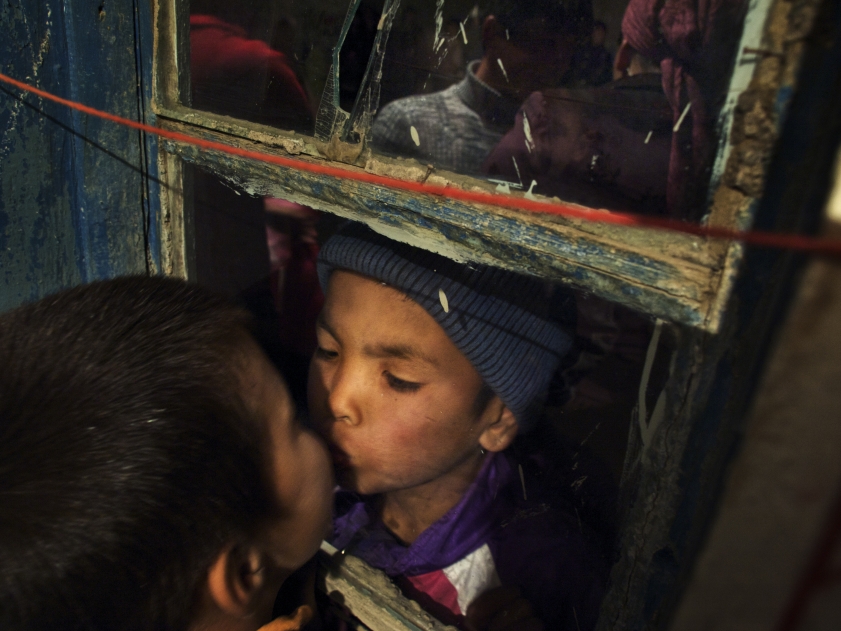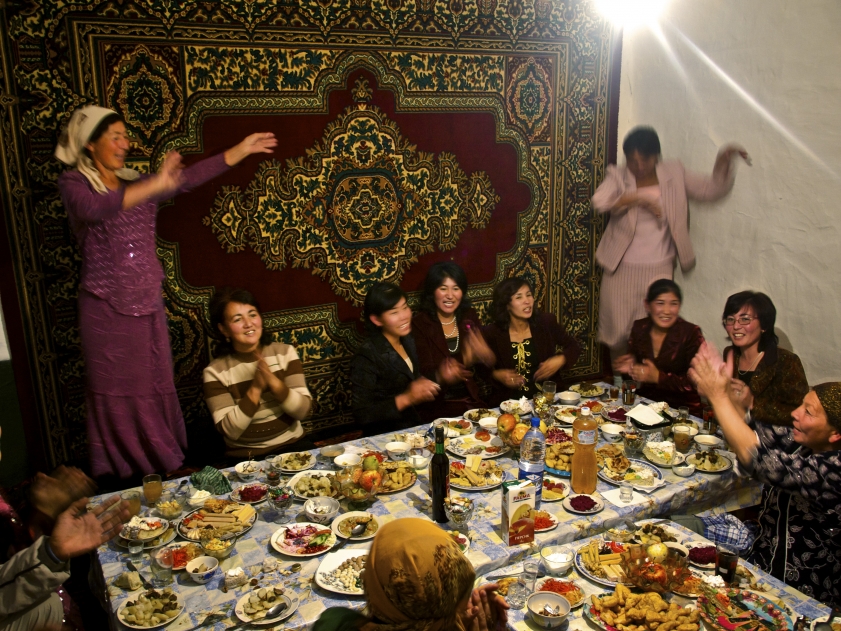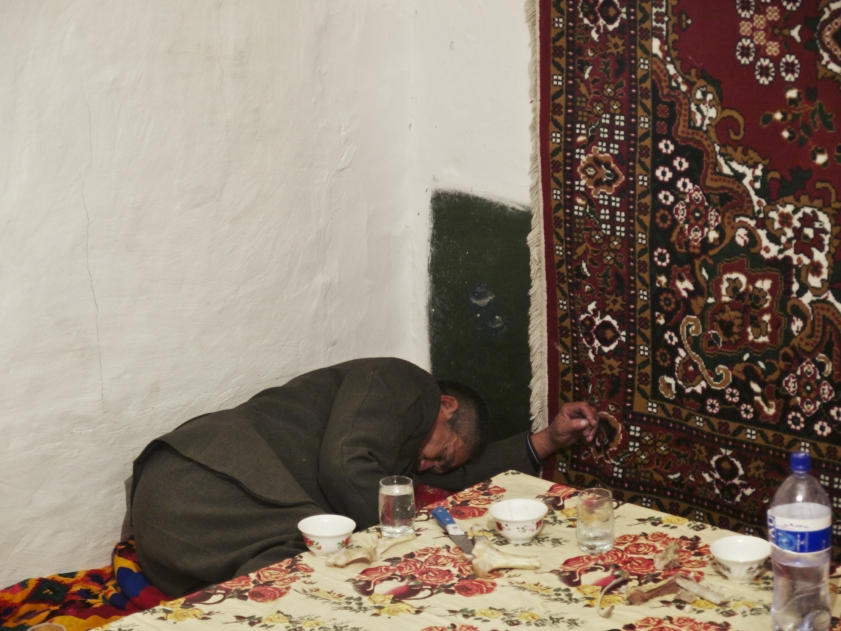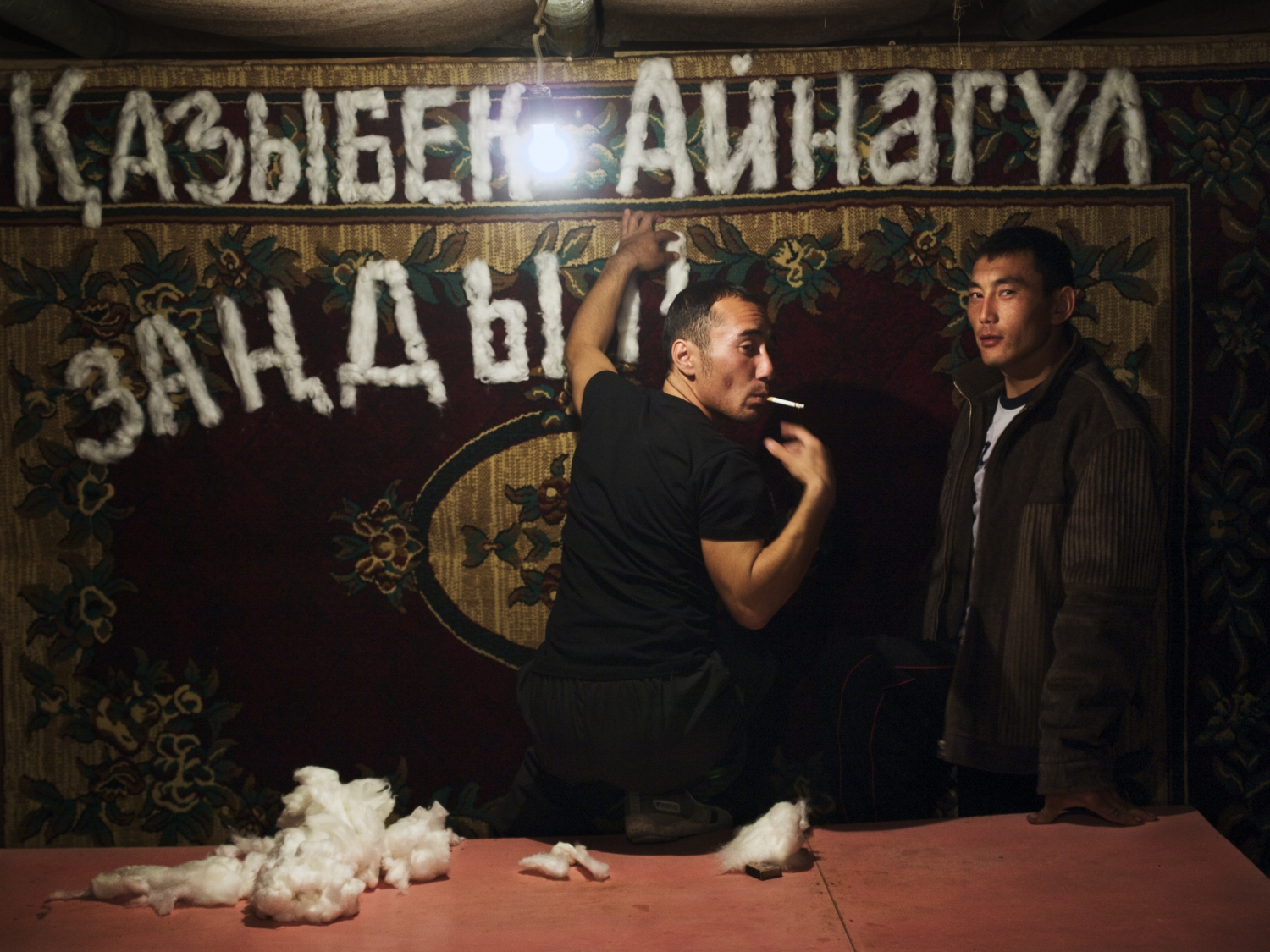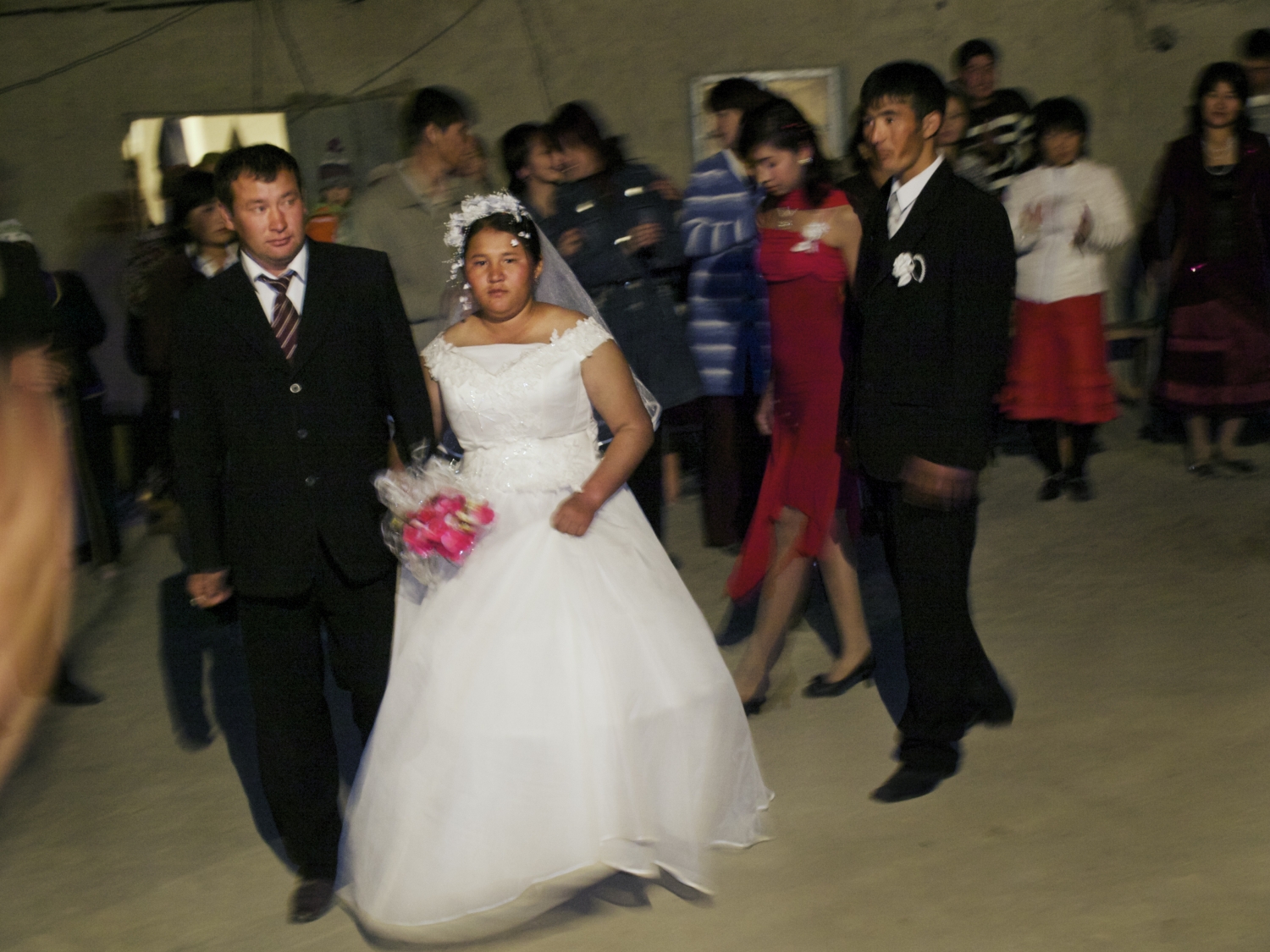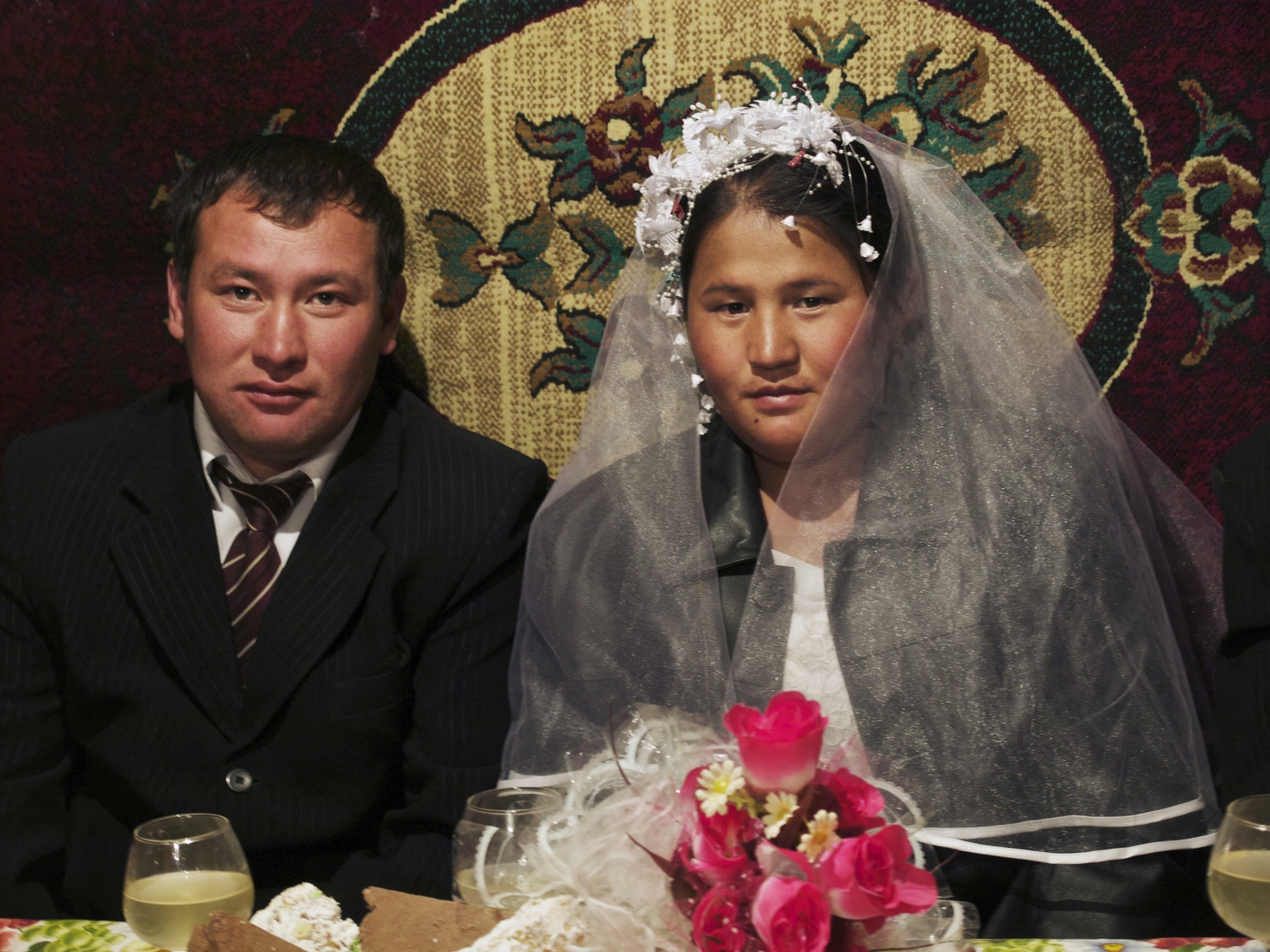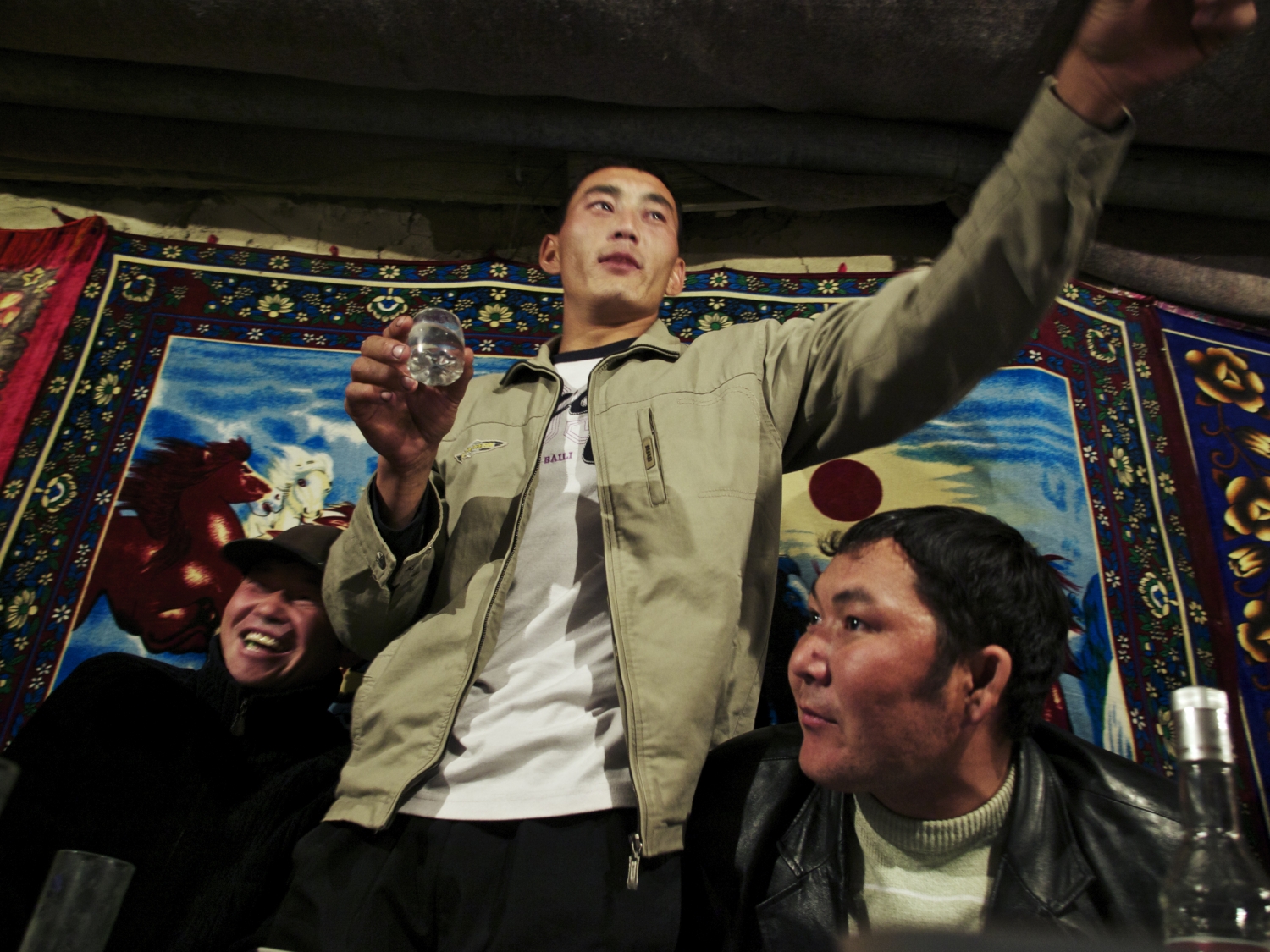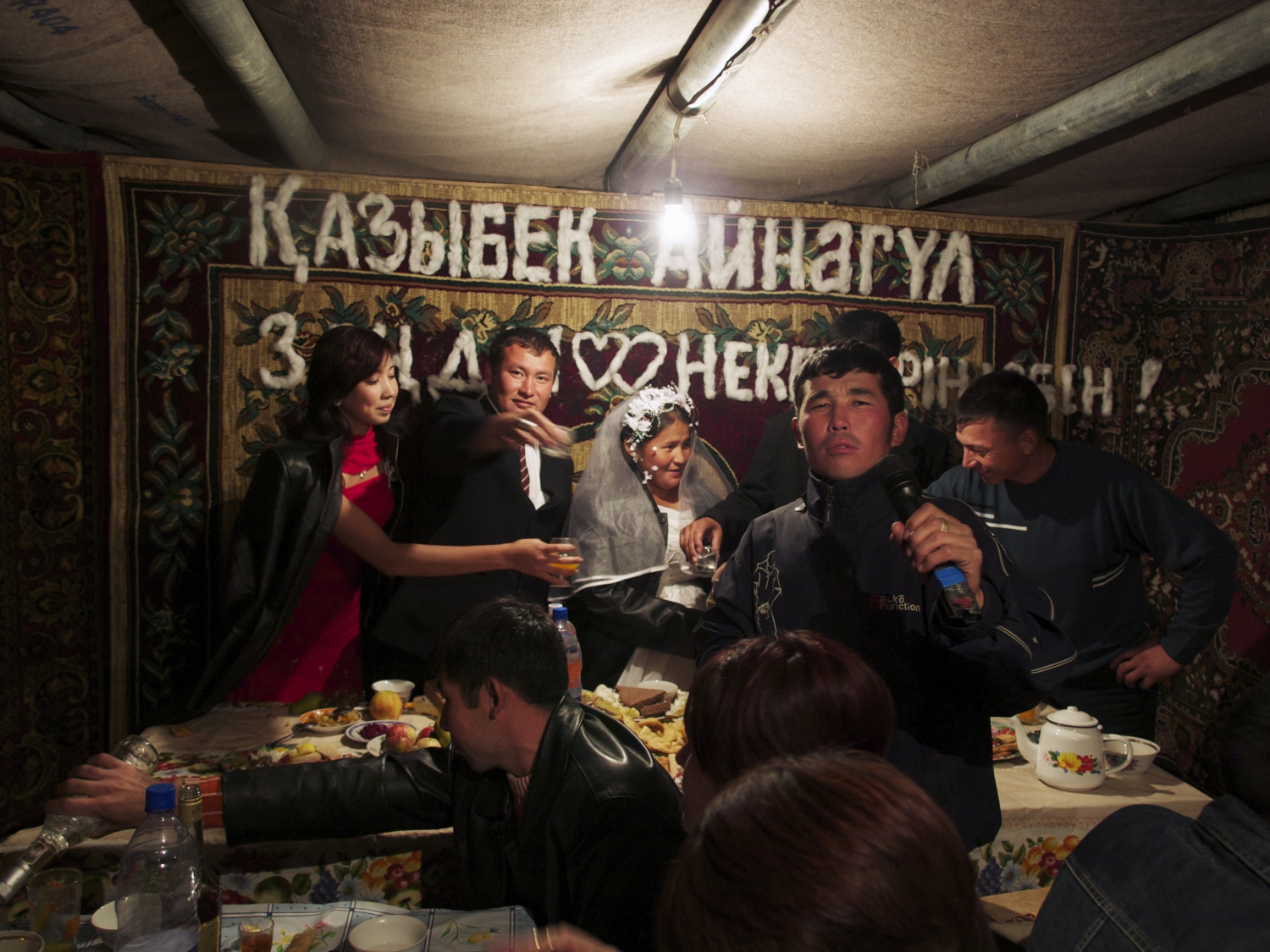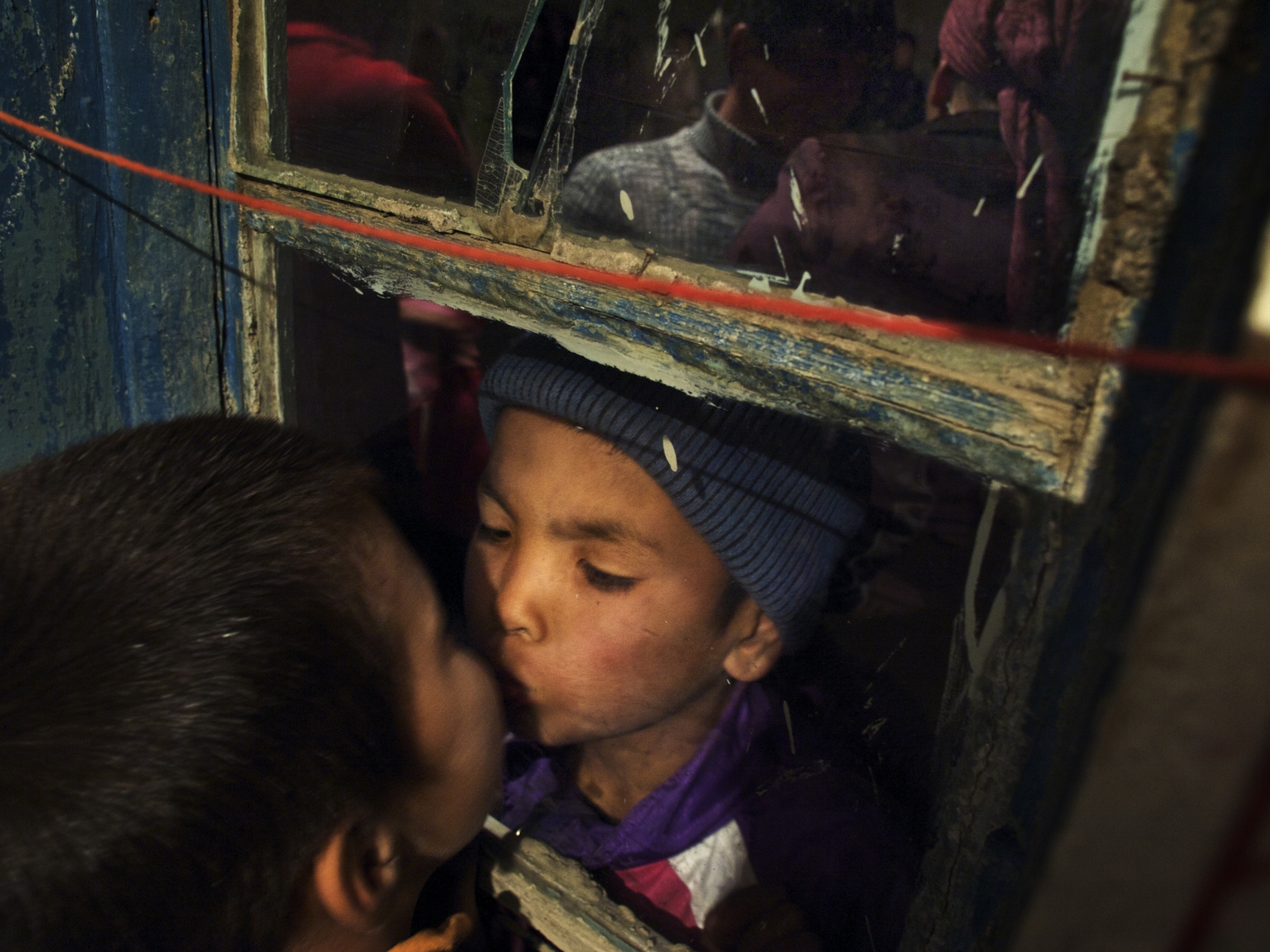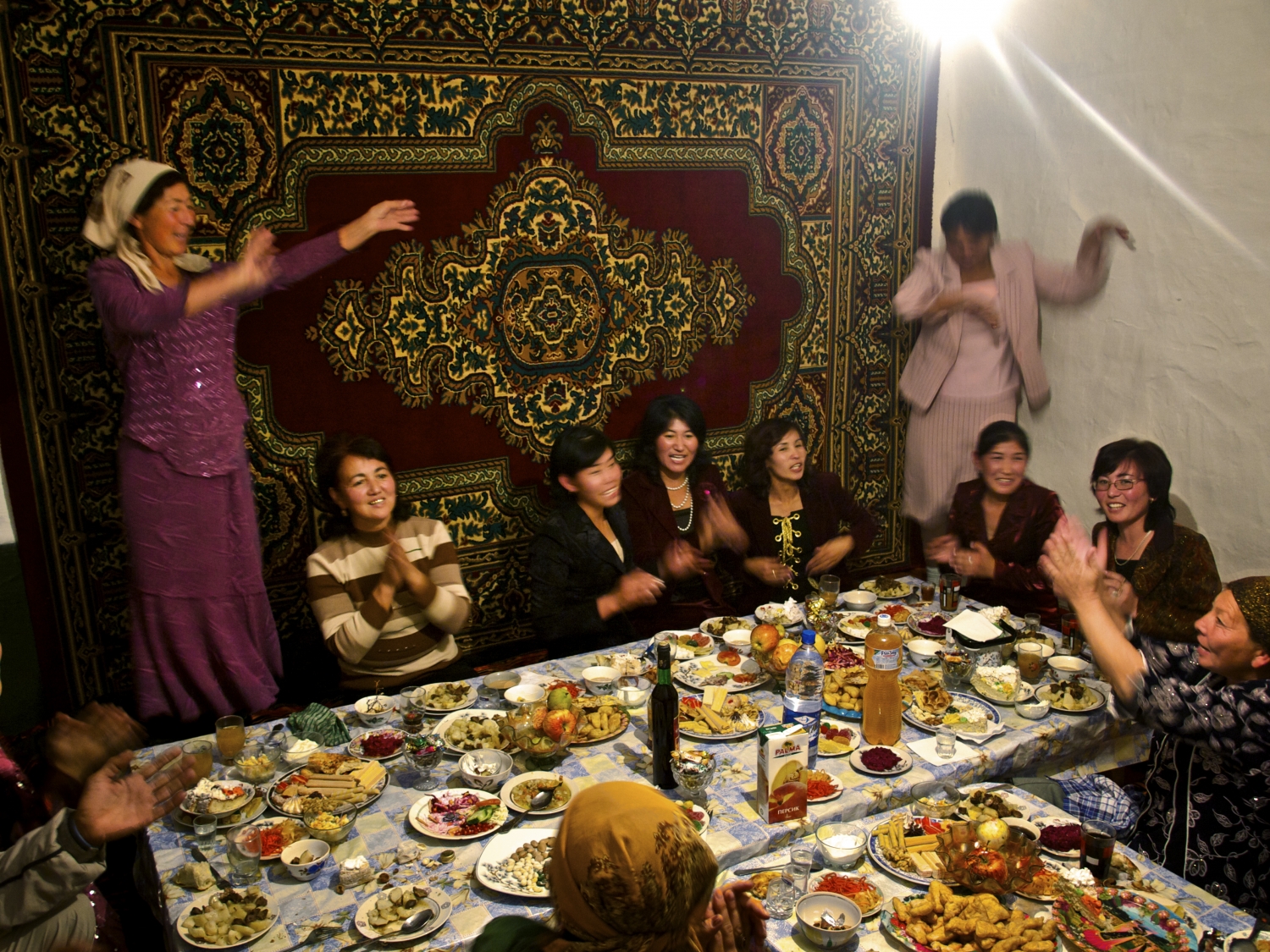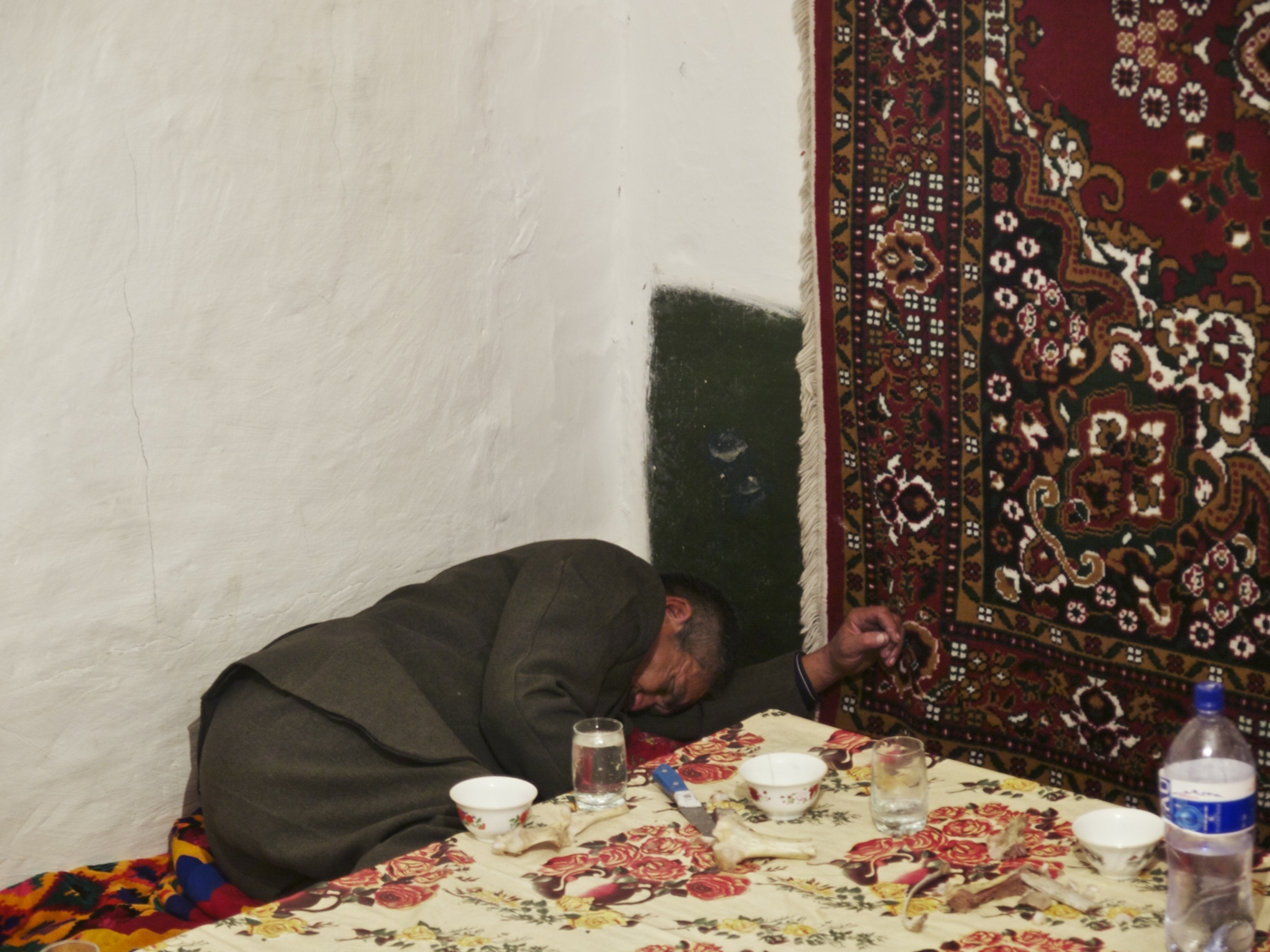White Gold – Dying Sea
White Gold – Dying Sea
Frauke Huber, Uwe H. Martin
Chemical use and excessive irrigation of cotton fields in Central Asia turned the fertile paradise of the Aral Sea into a chemically polluted salt desert. The decline continues in the south, where Uzbekistan forces its population to work the cotton fields.
According to the WWF the production of 1 kg of cotton uses 7,000 to 29,000 liters of water because three-quarters of cotton grows under irrigation in dry, warm countries. Cotton growing is directly implicated in the degradation of large-scale ecosystems including the Aral Sea in Central Asia.
Where only 50 years ago the worlds 4th largest lake guaranteed a mild climate, a chemical polluted salt dessert remains. Sandstorms raise the poisonous dust of the plain into the air and contribute heavily to worldwide air pollution. The salt blown to the Pamir Knot melts the mountains’ glaciers, putting Central Asia’s water supply at peril.
While the large southern Aral Sea keeps shrinking there is some hope to restore the smaller northern Aral Sea. Irrigation works on the Syr Darya have been repaired and improved to increase its water flow, and in August 2005 a concrete dam was completed, separating the two halves of the Aral Sea. Since then the water level of the North Aral has risen, and its salinity has decreased. The restoration reportedly gave rise to long absent rain clouds and possible microclimate changes.


